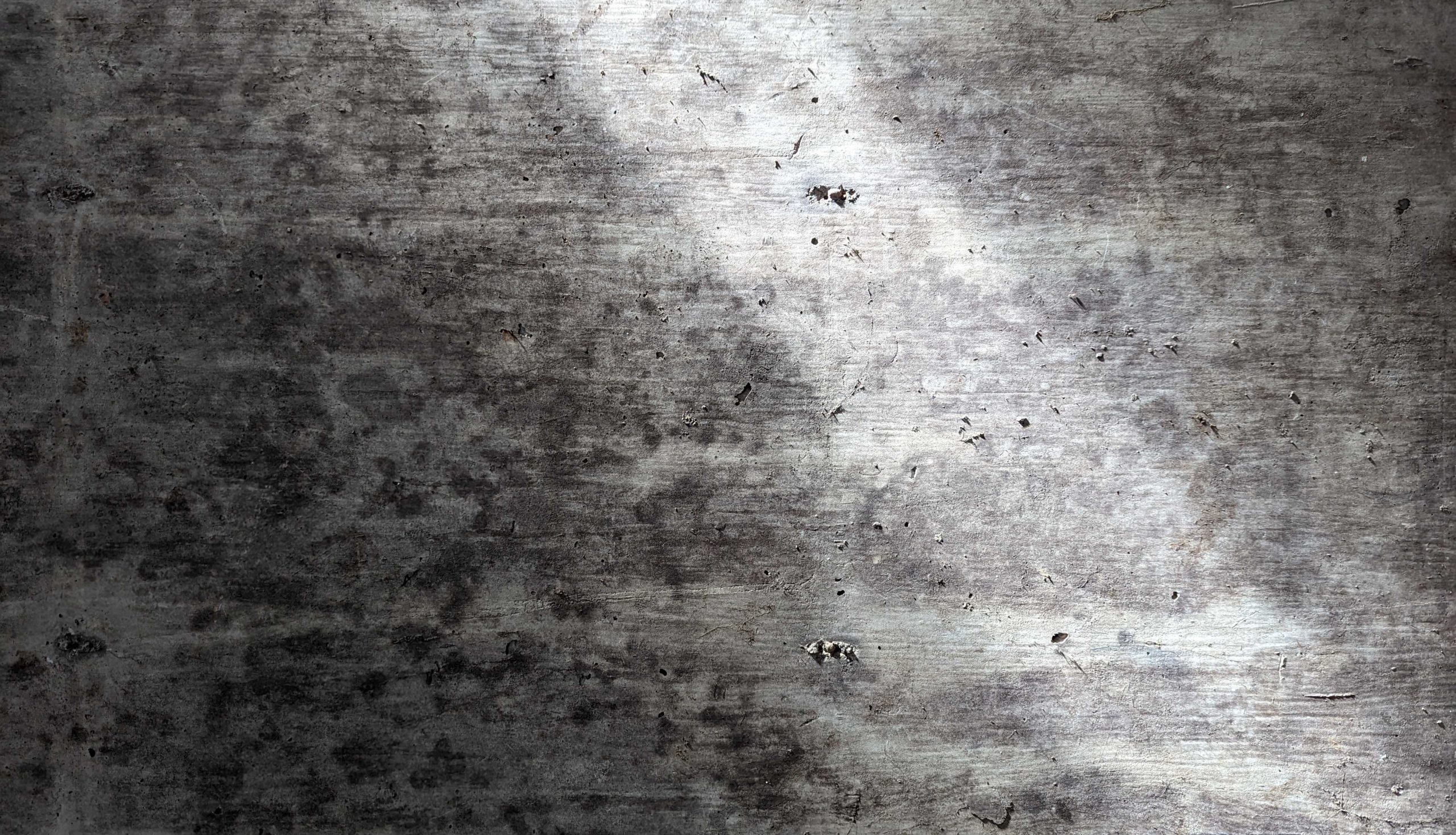The exponential expansion of technology has moved AI from the fringe. All of us in the creative space can’t help but notice the presence of AI across disciplines. This raises interesting philosophical and moral issues that I never dreamed I’d be concerned with.
Nevertheless, I find myself pondering this use of technology, because AI may have a direct impact on my chosen form of expression. Eventually, this technology might be capable of mimicking my exact flow and style. If and when that happens, I might begin to question the relevance of what I do and whether or not it should be considered art of any sort.
The result of this could be the death of my particular form of creativity. If it was deemed irrelevant and a machine can do it better, what is the point, right?
What AI is doing to reproduce human speech is in itself a form of creativity, though. A team of coding professionals have to create a program that takes basic user input and craft entire articles from nothing. This is the marriage of technology and creativity.
As this technology gets more and more prevalent, it becomes acceptable to the world at large. After all, if AI produces good enough work to get attention, and that attention can be used to produce sales, mission accomplished.
Even now as I type this, though, I realize the irony of my concerns. I have a popular browser plugin that tells me when I screw up grammar and spelling, and offers suggestions to improve my work. This is all being accomplished with AI.
Maybe I’m reading too much into this, but I think it is too soon to really know. There is something fundamental about the overall concept of AI that concerns me.
I honestly believe if we surrender who we are and what we are capable of for the sake of convenience, we don’t deserve greatness. The slippery slope that AI creates can cost future generations this greatness. It’s impossible to imagine a world without art, but it might be wise to consider if AI will make it inevitable.
